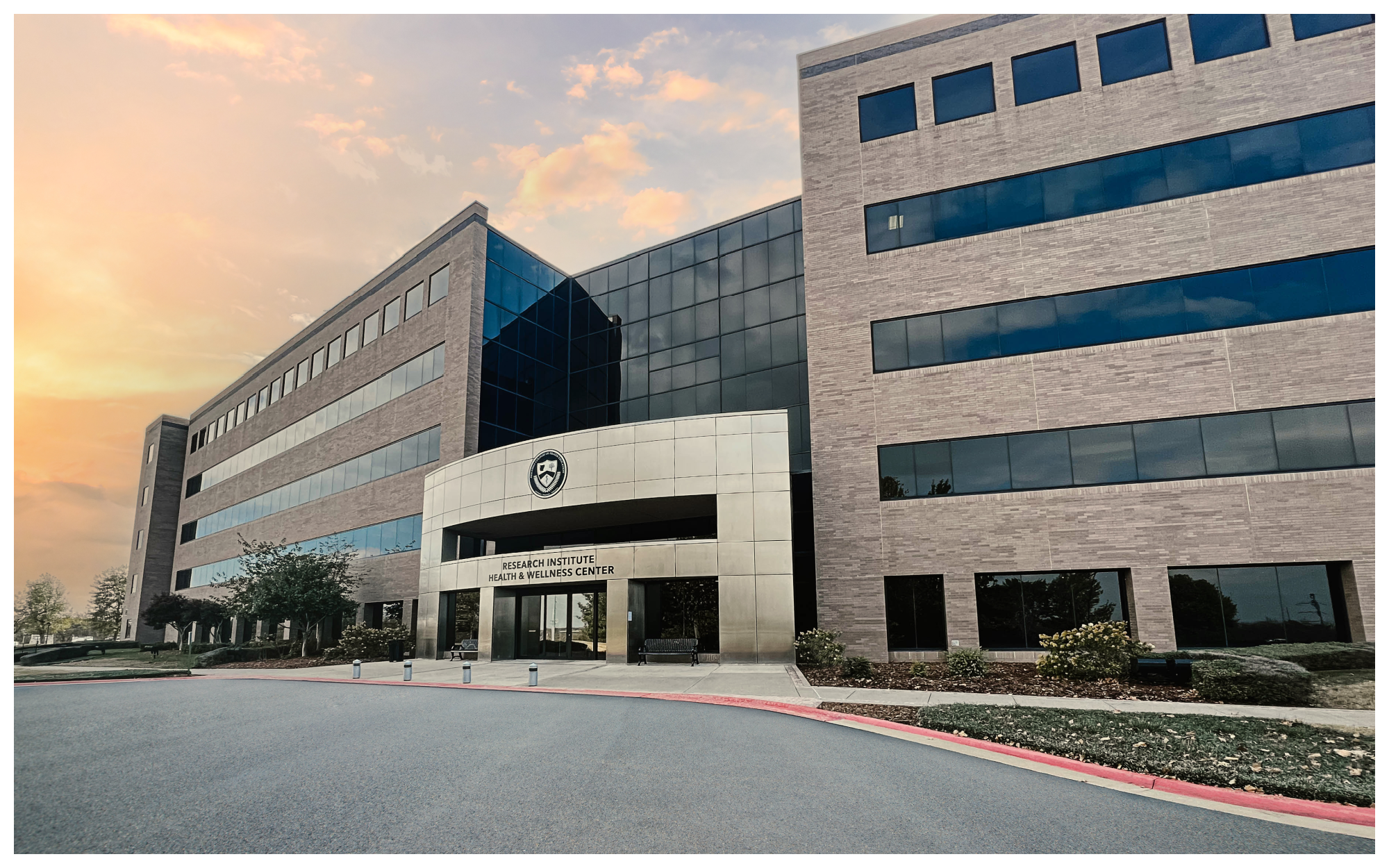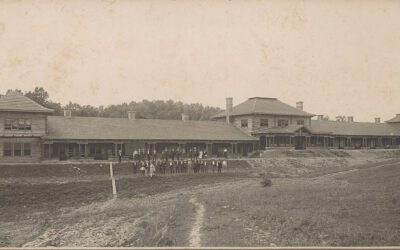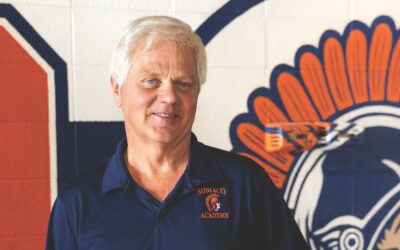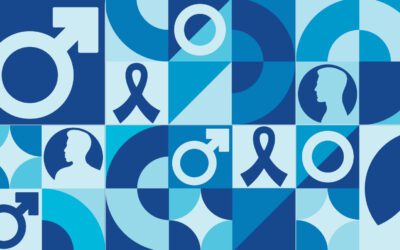The Arkansas Colleges of Health Education (ACHE) may be best known for its educational programs including Arkansas College of Osteopathic Medicine, ACHE School of Physical Therapy and ACHE School of Occupational Therapy; however, there is a new location with additional educational programs, all of which are aimed at the community. The ACHE Research Institute Health & Wellness Center (RIHWC), located at 1000 Fianna Way, officially cut the ribbon in March. Since then, people from across the area have benefitted from programs designed to meet the mission of bringing transformative health to the region.
“What makes our institution unique is that in addition to our traditional campus located at Chaffee Crossing, our students and our community have access to RIHWC and are able to participate in health & wellness programs and a variety of classes,” says LaVona Traywick, PhD, senior executive director of transformative wellness initiatives and director of the health and wellness center. “RIHWC functions as the outreach arm of ACHE, and the classes that take place here are geared for those interested in art, fitness, and nutrition.”
Immediately visible upon entering the 318,000-square-foot building are the art galleries, ceramics labs, applied arts lab, fitness center, dance studio, and teaching kitchen. “On a daily basis, we have groups and individuals from all around the community viewing art, sweating in a fitness class, or immersing their hands in clay creating pottery.”
“A listing of classes and times can be found on our website at achehealth.edu/wellnesscenter. On Wednesdays our Applied Arts lab, in conjunction with Fab Lab Fort Smith offer free classes where participants can learn everything from computer coding, cyber security, laser cutting, and more.”
“Many times, health brings cooking and movement to mind,” she explains. “Yet, it’s crucial to recognize that health encompasses a spectrum of dimensions: the physical, the emotional, the social, the spiritual, and the intellectual. Our aim isn’t solely centered around achieving physical well-being, but to holistically nurture all the facets of health. Take for instance our curated ceramics lab and pottery sessions; these spaces are teeming with activity that goes beyond creating a bowl. We find compelling research that highlights how participating in artistic expression can be a potent tool in diminishing stress and amplifying overall well-being.”
“Classes are open to everyone, and some participants even have physical and occupational therapists working alongside them. They may be on the pottery wheel where they can target hand and arm strength and coordination or focusing on the neurological aspects of working the mind and body, and best of all, just having fun.”
LaVona says even something as simple as taking in an art exhibit can pay health dividends. “That’s what it is with art; it’s stimulating your brain in different ways. Sometimes it’s to relax you and sometimes it’s to stimulate you and sometimes it’s to cause you to think in a different way than you thought before. That’s why we rotate our art, so that we have different pieces at different times because the various works of art affect people in different ways.”
The programs also address social and community health through special events, such as the weeklong STEAM Camp funded by Summit Utilities, held this summer for kids experiencing homelessness.
“We invited different community groups each day who helped the students cook the food that they ate for lunch,” she says. “After preparing the food, we sat around a great big table, family style, to have a conversation. The community members who were there talked about their job, what they did, the path they took to get there and the opportunities that existed for the students to one day come work for them.”
“Mercy Hospital was one of our groups and each of them had a completely different job from the hospital. Not one of them was a doctor or a nurse. They all talked about their unique roles, and it really opened the students’ eyes to the many different careers you can do at a hospital. We also had Fort Smith police there, which was good for the students as it allowed them to see members of our police force as a friend. We were very intentional about who we invited to attend and interact with the kids.”
“In August we hosted a backpack giveaway which was met with resounding success; one thousand students showed up for backpacks filled with school supplies. ARCOM students and faculty provided sports physicals and our ACHE OT students demonstrated the proper way to wear a backpack to avoid back injuries,” said LaVona. “Everything we do here relates back to our mission,” LaVona says. “Creating outstanding graduate level programs, educating future doctors, developing healthy living environments, bringing health and wellness classes to our community. We are successfully making a positive impact on our area.”
The ground floor of ACHE Research Institute Health & Wellness utilizes 64,000 square feet of the 318,000-square-foot facility to implement these programs including a number of other spaces, such as conference rooms and an event center which is available to host events large and small. The floors above contain the largest osteopathic research center in the nation, along with offices that house organizations such as Haas Hall, Arkansas Tech, and Summit, just to name a few. According to LaVona, one long-term goal is for the facility to become a bridge to the rest of the community, helping to further integrate ACHE as a go-to resource.
As the RIHWC continues to thrive and adds more programs, LaVona extends a warm invitation to the public. “We hope the community will join us in celebrating the RIHWC and art at our Art Gallery Reception on Thursday, September 14, at 5pm. We are committed to serving our community and upholding our mission.”
ACHE Research Institute Health and Wellness Center is located at 1000 Fianna Way in Fort Smith, Arkansas. Everyone is invited to participate in their various labs and class offerings. Class options and times can be found at achehealth.edu/wellnesscenter. Learn more about Arkansas Colleges of Health Education at achehealth.edu.




